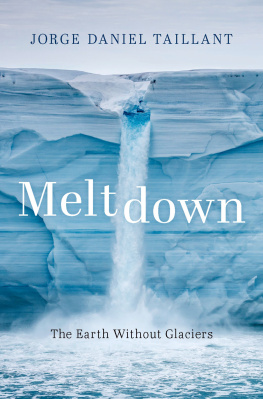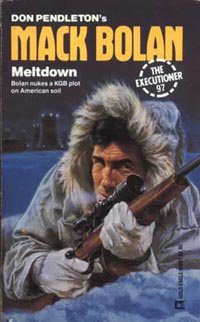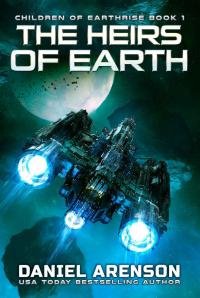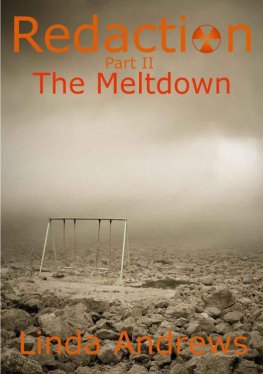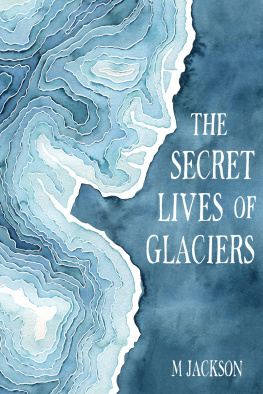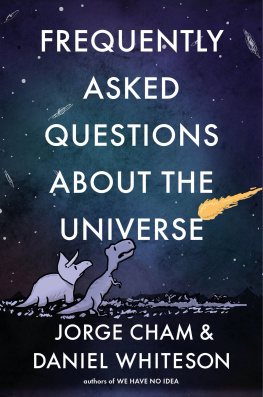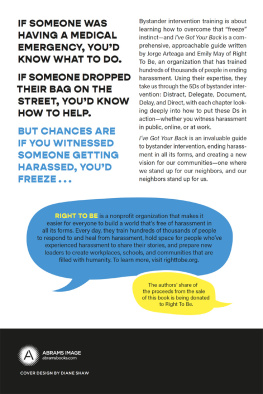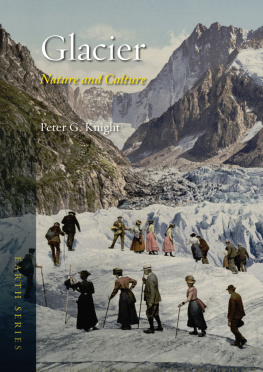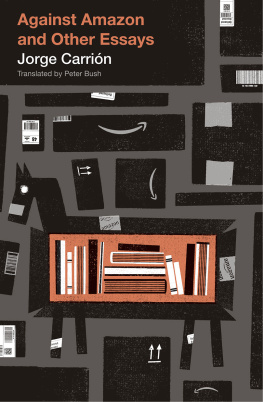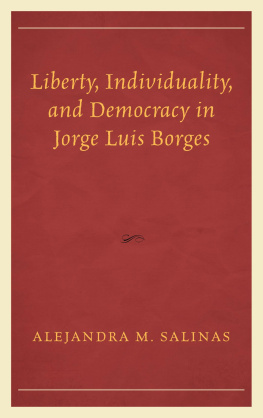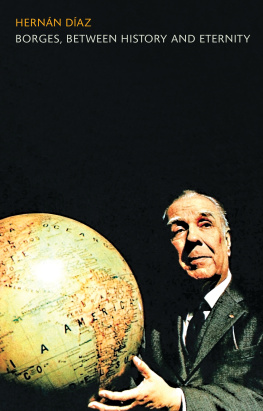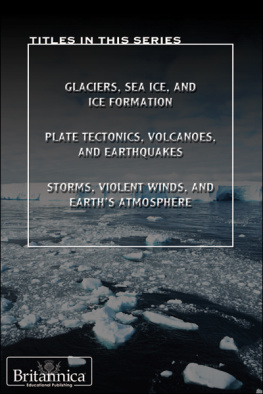Jorge Daniel Taillant - Meltdown : the Earth without glaciers
Here you can read online Jorge Daniel Taillant - Meltdown : the Earth without glaciers full text of the book (entire story) in english for free. Download pdf and epub, get meaning, cover and reviews about this ebook. year: 2021, genre: Politics. Description of the work, (preface) as well as reviews are available. Best literature library LitArk.com created for fans of good reading and offers a wide selection of genres:
Romance novel
Science fiction
Adventure
Detective
Science
History
Home and family
Prose
Art
Politics
Computer
Non-fiction
Religion
Business
Children
Humor
Choose a favorite category and find really read worthwhile books. Enjoy immersion in the world of imagination, feel the emotions of the characters or learn something new for yourself, make an fascinating discovery.
- Book:Meltdown : the Earth without glaciers
- Author:
- Genre:
- Year:2021
- Rating:4 / 5
- Favourites:Add to favourites
- Your mark:
- 80
- 1
- 2
- 3
- 4
- 5
Meltdown : the Earth without glaciers: summary, description and annotation
We offer to read an annotation, description, summary or preface (depends on what the author of the book "Meltdown : the Earth without glaciers" wrote himself). If you haven't found the necessary information about the book — write in the comments, we will try to find it.
Meltdown : the Earth without glaciers — read online for free the complete book (whole text) full work
Below is the text of the book, divided by pages. System saving the place of the last page read, allows you to conveniently read the book "Meltdown : the Earth without glaciers" online for free, without having to search again every time where you left off. Put a bookmark, and you can go to the page where you finished reading at any time.
Font size:
Interval:
Bookmark:


Oxford University Press is a department of the University of Oxford. It furthers the Universitys objective of excellence in research, scholarship, and education by publishing worldwide. Oxford is a registered trade mark of Oxford University Press in the UK and certain other countries.
Published in the United States of America by Oxford University Press
198 Madison Avenue, New York, NY 10016, United States of America.
Oxford University Press 2021
All rights reserved. No part of this publication may be reproduced, stored in a retrieval system, or transmitted, in any form or by any means, without the prior permission in writing of Oxford University Press, or as expressly permitted by law, by license, or under terms agreed with the appropriate reproduction rights organization. Inquiries concerning reproduction outside the scope of the above should be sent to the Rights Department, Oxford University Press, at the address above.
You must not circulate this work in any other form and you must impose this same condition on any acquirer.
Library of Congress Control Number: 2021941858
ISBN 9780190080327
eISBN 9780190080358
DOI: 10.1093/oso/9780190080327.001.0001
To Ulises, my son, who constantly surprises me with youths fresh and fearless, intrepid and baggage-free questioning of the status quo and with his envious unapologetic approach to life and everything.
Between the time I submitted the first version of this manuscript in early 2020 and the time I submitted the last version in early 2021, the world changed.
Major events occurred in 2020 that were so great and so relevant to the topic of this book (climate change and melting glaciers) that it is hard to pinpoint a single change-event that is more significant than others. At the very moment I submitted this manuscript, Joe Biden and Kamala Harris were announced as the president elect and vice president elect of the United States of AmericaJoe Biden defeated Donald Trump with the largest amount of votes ever cast for a presidential candidate. Biden and Harris ran on a strong platform that included taking decisive action to stop climate change.
In 2020 we also saw the most devastating climate wildfires ever recorded in California, burning millions of acres of forest. California Governor Gavin Newsom announced, from the embers of a still-burning climate wildfire, that discussion was over, that climate change was real, that it was here and that we had to do more, that we had to do it better, and that we had to do it faster. He also announced that the targets we had set to reduce greenhouse gas emissions (and California has some of the highest and most aggressive targets on the planet) were insufficient. Soon afterward, California chose to eliminate the internal combustion engine for vehicles produced in the state by 2035 and for trucks by 2045.
But clearly the change-event that will mark 2020 for all of history and for the entire planet was that the world was hit with a global health pandemic: COVID-19, the novel coronavirus, a new pandemic disease that radically altered our lives. I remember over the last several years speaking with my kids about climate change on many different occasions and expressing my frustration that the sorts of actions we needed globally and locally to really address climate change were not very likely to happen in our modern lives. They seemed too far-fetched and against the grain of our fast-moving society. In the mix of ideas we talked about, the world needed to stop for a few weeks each year, maybe even for a month, to help lower green house gas emissions, but this was nearly impossible to envision with our hustle and bustle lifestylesindustries, economies, and people simply could not just stop.
Well, we did.
And guess what, in two weeks the air cleared all over the world. Suddenly people in cities hundreds of miles away from the tallest peaks of the Himalayas could see snow-capped mountains that they hadnt seen for decades, or ever. Large schools of fish returned to bays that they had abandoned due to the pollution and disturbance from commerce, industry, and shipping. Wild animals returned to empty urban environments, wandering around areas where people had abruptly vanished.
The sudden outbreak of a global health pandemic hit the planet like a global earthquake, revealing our extreme vulnerability to Mother Nature. It showed us (and still does as I submit the very final edits to this manuscript in April of 2021 with the COVID-19 infection rate suddenly rising again across the USA) that in the end, Nature and the state of the environment governs our lives and not the other way around, and unless we safely adapt to our environment and live in harmony with it, we are all highly vulnerable to its fluctuations, its reactions, and its abrupt changes, be they natural or human-induced.
COVID-19 taught us (and is still teaching us) several useful lessons. One is that we can stop pollution and improve our environment and that we can do it very quickly if we act collectively. We also saw that political will and trillions of dollars can suddenly materialize from political leaders to do what needs to be done to address a global emergency. In this case it was for a health pandemic, but why not for climate? Well get into that question later.
I think it is also important to consider that these sudden changes in social, political, economic, and industrial behavior as a response to COVID-19 presented a critical opportunity and lesson for youth. I am of Generation X, born in 1968. At 53, I carry the baggage of the global failure to adequately address our environmental problems and the even more worrying failure of our incapacity to contain climate change. Over the years as an environmental policy advocate, I have learned how difficult it is to align political leaders, industry, business, and everyday people to do the right thing to address our environmental pollution and to work to halt and reverse our climate emergency.
Our worlds youth, coming of age now during the COVID-19 pandemic, with respect to our climate challenge and to our climate emergency, are baggage-free. As young adults forging their social and political minds, my own two children, now aged 20 and 17, have no baggage as they walk into this climate emergency. They see examples and opportunities that I had never seen. In two weeks, at a global scale, we cleaned our air. Industry stopped. Pollution stopped (clearly not all of it, but much of it), and the planet healed for a short time. Ive included a special chapter at the end of this book ( Everyone should listen to Gretas how dare you speech, take it to heart, and remember it always as we move forward. I encourage you to stop now for a moment and listen to Gretas speech before you read on. Its truly moving.
Our present leaders, but more importantly our future leaders, have learned through COVID-19 that we can turn things around, that we can make a difference, that we can stop polluting, and if we really want to do it, we can fix our climate problem. That gives me hope, and it should give our global society hope.
In early 2020 I had drafted a pre-COVID-19 foreword to this book, where of course, there was no mention of our global pandemic. As the first months of 2020 advanced, the manuscript was becoming quickly outdated on issues related strictly to the topic of this book, glacier melt and its relevance to our lives. Articles about rapid glacier melt were already appearing in early 2020 that showed things were changing quickly. I created a list of articles and studies that were popping up weekly, sometimes daily, of issues I should mention and reference in the various chapters of this book. The list kept growing, outpacing the time available to address each point. Glaciers were melting and they continue to melt, faster than previously thought and expected. Ice all around the world is disappearing, and its disappearing fast.
Font size:
Interval:
Bookmark:
Similar books «Meltdown : the Earth without glaciers»
Look at similar books to Meltdown : the Earth without glaciers. We have selected literature similar in name and meaning in the hope of providing readers with more options to find new, interesting, not yet read works.
Discussion, reviews of the book Meltdown : the Earth without glaciers and just readers' own opinions. Leave your comments, write what you think about the work, its meaning or the main characters. Specify what exactly you liked and what you didn't like, and why you think so.

